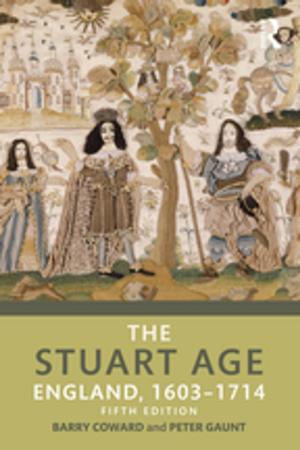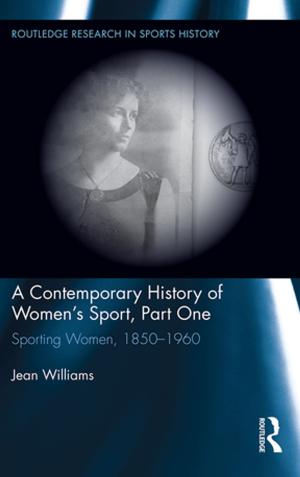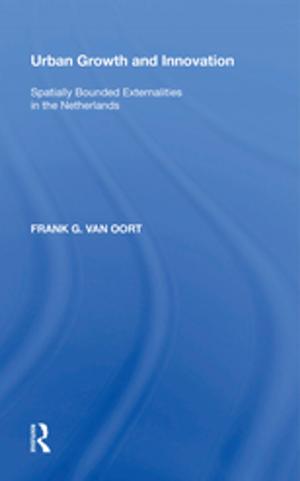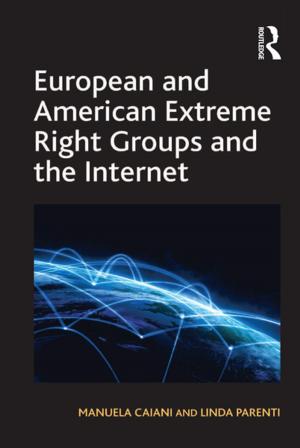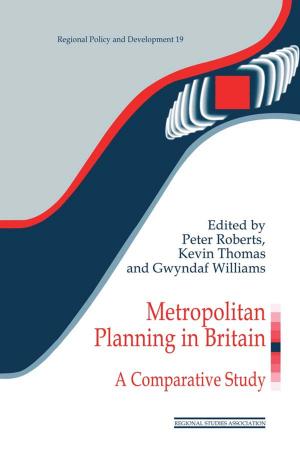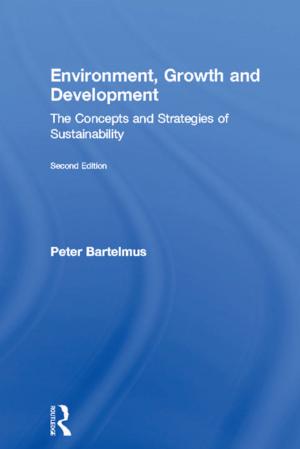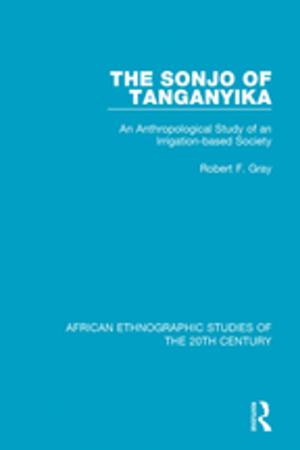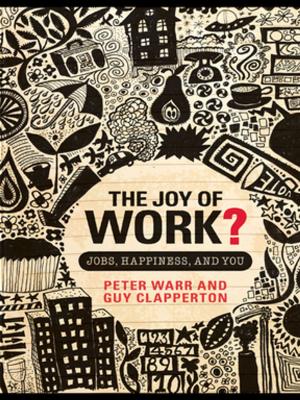| Author: | Gillian Robinson, John F. Rundell | ISBN: | 9781136142765 |
| Publisher: | Taylor and Francis | Publication: | January 28, 2016 |
| Imprint: | Routledge | Language: | English |
| Author: | Gillian Robinson, John F. Rundell |
| ISBN: | 9781136142765 |
| Publisher: | Taylor and Francis |
| Publication: | January 28, 2016 |
| Imprint: | Routledge |
| Language: | English |
Pulling together a collection of richly informative essays Rethinking Imagination addresses competing sets of ideas, oscillating between the modern and post-modern, creativity and sublimity, progress and apocalypse, democracy and redemption Enlightenment and Romanticism and reason and imagination.
Aiming to thematise these debates from the perspective of the imagination, Rethinking Imagination takes two directions. The first addresses a socio-cultural interpretation in which the distinguishing figures of modernity can be viewed as continuing differentiation and autonomatization of spheres and systems that goes well beyond the divisions of labour. The second is an ongoing philosophical discourse about the imagination and its relation to reason which has been present since Enlightenment.
Divided into two separate yet interconnected parts, this book is a highly significant collection of essays and a valuable contribution to the field of philosophical and socio-cultural sociology. It is a key book for undergraduate, postgraduate and academic researchers.
Pulling together a collection of richly informative essays Rethinking Imagination addresses competing sets of ideas, oscillating between the modern and post-modern, creativity and sublimity, progress and apocalypse, democracy and redemption Enlightenment and Romanticism and reason and imagination.
Aiming to thematise these debates from the perspective of the imagination, Rethinking Imagination takes two directions. The first addresses a socio-cultural interpretation in which the distinguishing figures of modernity can be viewed as continuing differentiation and autonomatization of spheres and systems that goes well beyond the divisions of labour. The second is an ongoing philosophical discourse about the imagination and its relation to reason which has been present since Enlightenment.
Divided into two separate yet interconnected parts, this book is a highly significant collection of essays and a valuable contribution to the field of philosophical and socio-cultural sociology. It is a key book for undergraduate, postgraduate and academic researchers.


